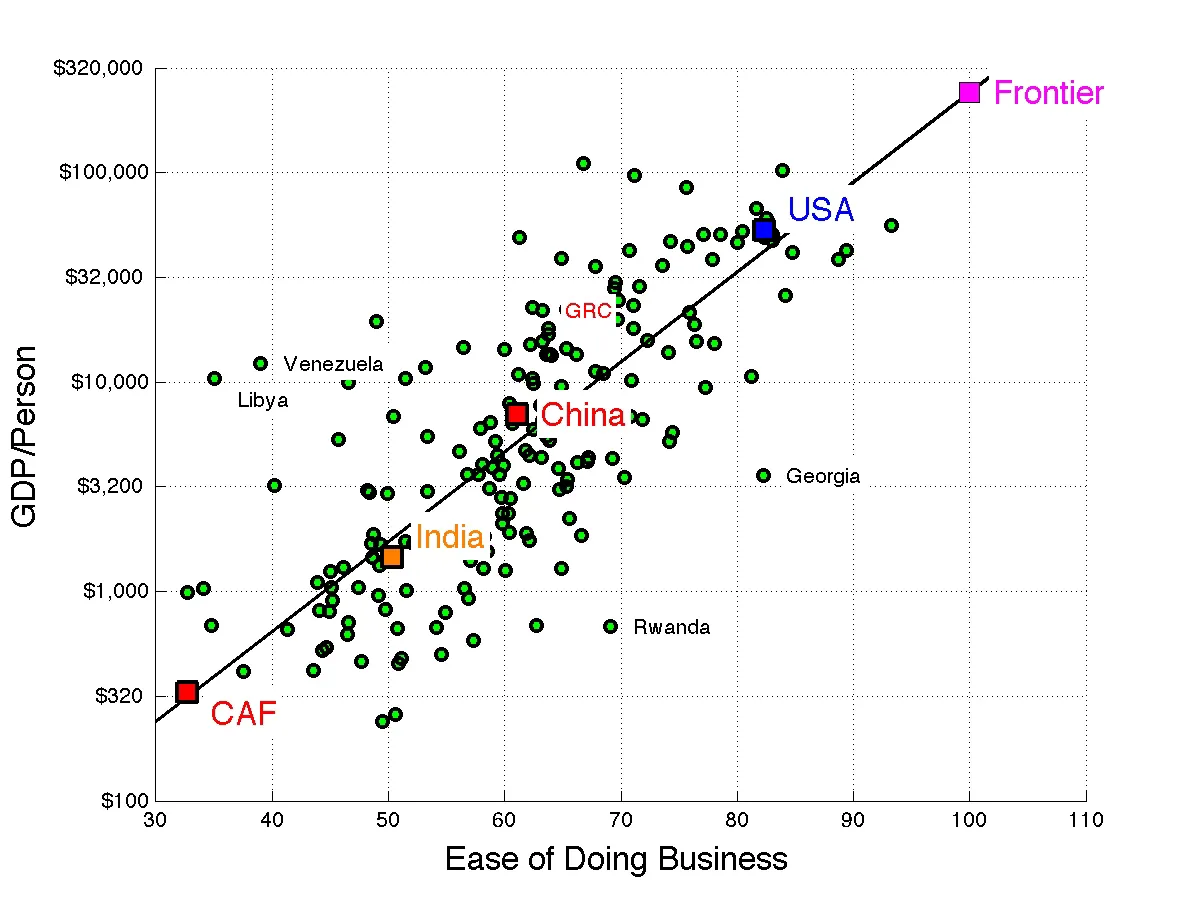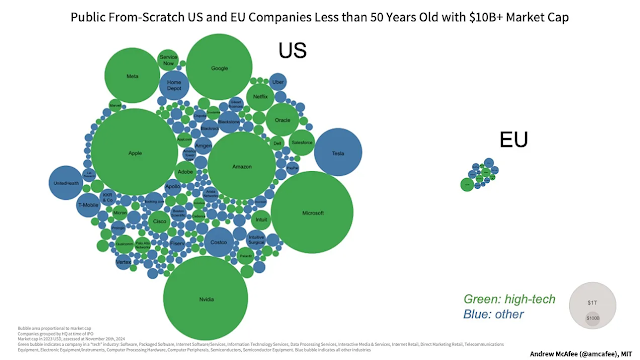This year, the local school district (AISD) and community college (TCC) have shifted their Spring breaks from my university’s (UTA) second week of March to the third week of March. This has many at my university a bit upset. Childcare coverage will be problematic for my university colleagues who have small children and many planned family trips over the break will be canceled. AISD prefers to coordinate with TCC because many of the brighter high school students take dual credit courses at the community college. The childcare issue is not as important for children attending UTA or TCC because these children are a bit more independent than school-aged children. The change was instigated by TCC who prefers the 3rd week while UTA prefers the 2nd week. Should UTA follow along and change Spring break to the 3rd week?
This can be modeled as a coordination game, but it gets tricky with three players. AISD, TCC, and UTA all have two strategies, 2nd week or 3rd week. This makes the simultaneous game a 2x2x2 matrix. Think of this as a cube instead of a square. The payoffs below are ordered AISD, TCC, and UTA.
TCC 2nd week
|
|
UTA |
||
|
2nd week |
3rd week |
||
|
AISD |
2nd week |
4, 4, 2 |
3, 3, 1 |
|
3rd week |
3, 2, 2 |
3, 1, 3 |
|
TCC 3rd week
|
|
UTA |
||
|
2nd week |
3rd week |
||
|
AISD |
2nd week |
2,3,2 |
|
|
3rd week |
3,3,2 |
4, 2, 4 |
|
The Nash Equilibria are all
choosing the second week or all choosing the third week. For all parties,
deviating would reduce their payoffs. They all prefer to coordinate but UTA and TCC prefer different coordination equilibria. For decades, they had all coordinated on the third week.
How about if TCC turned this into
a sequential game? Could it force their preferred Nash Equilibrium? Below is the game in which TCC goes first, AISD follows second, and then UTA follows last. The assumed payoffs matter and I assumed that AISD benefits more from coordinating with TCC than with UTA. The red arrows represent the choices made when "looking ahead and reasoning back." With these payoffs, TCC can induce AISD to coordinate on the 3rd week. With both TCC and AISD choosing the 3rd week, it makes sense for UTA to switch to the 3rd week too.
This roughly aligns with how this all is playing out.








